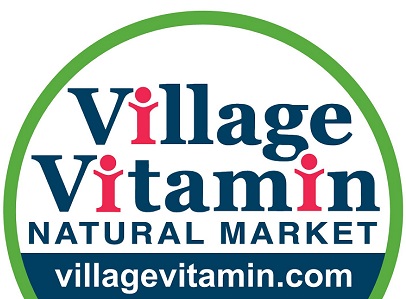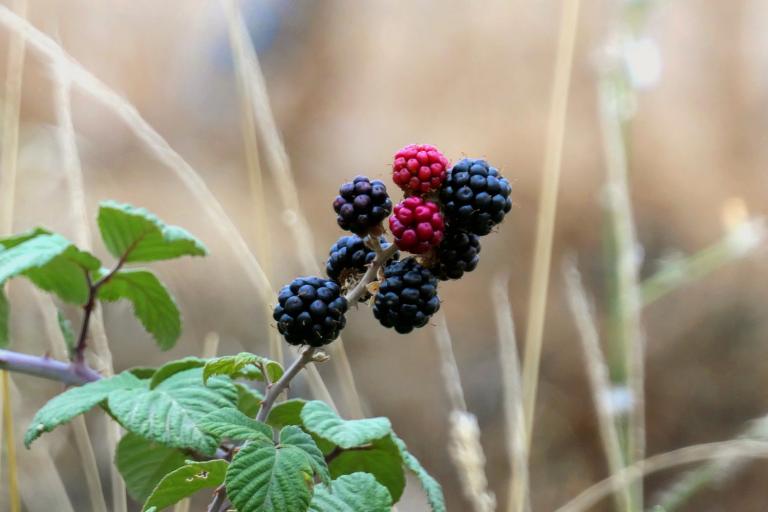In 2020, The International Herb Association named the rubus the “herb of the year.”
What is Rubus?
Chances are, you’ve seen or eaten the fruit of this plant—rubus is the genus that includes raspberry, blackberry, and various wild bramble berries.
Are Rubus (Blackberries, Raspberries) Really Berries?
No. Nerdy botanists love to point out that blackberries and raspberries aren’t technically a “berry” but actually an “aggregate fruit.”
What is an Aggregate Fruit?
Each little seed-filled burst of goodness is called a drupelet— essentially a mini stone fruit.
Which Fruits Really Are Berries?
In the land of botany, grapes, bananas, and tomatoes are berries, while strawberries and raspberries are not.
What is Rubus Good For?
Benefits of Rubus Fruit
-
Rich in Antioxidants
Rich in blue-purple-red pigments called anthocyanins, as well as related antioxidant-rich polyphenols and flavonoids, raspberries and blackberries are delicious local superfoods, somewhat similar in benefits to green tea.
These compounds decrease inflammation, improve cardiovascular health, discourage cancer, decrease inflammation, and improve the integrity of blood vessel lining.
-
Fiber-Packed Seeds
The seeds are rich in fiber, essential fatty acids, and ellagic acid.
-
Promotes a Healthy Gut
A diet rich in these berries also encourages good gut flora and a more vital microbiome.
-
For Blood Sugar and The Heart
They have a low glycemic index—which measures how quickly they spike blood sugar—a treat-with-benefits for people with diabetes when enjoyed unsweetened.
Testing Against Diabetes
Obese people with Type 2 diabetes who incorporated raspberries into their daily diet had lower post-meal blood sugar and inflammatory markers compared to the control group.
High triglycerides and blood pressure also began to creep down after four weeks.
Blackberries have been shown to reduce insulin resistance.
Uses for Rubus Leaves
-
High in Tannins
Nonfruit parts of Rubus are notably astringent due to the presence of tannins.
What Are The Benefits of Tannins?
Tannins tighten and tone tissues by binding to proteins and other compounds in the tissue and knitting them together. For health, tannins tighten up leaky gut, tone the skin and gums, offer antimicrobial properties, and have blood sugar-lowering properties.
-
Nutrient-Rich Leaves
Raspberry leaves are rich in minerals including iron and calcium, and in vitamin C.
Raspberry leaf tea is popularly consumed for general nutrition and to tighten and tone the uterus at all ages and during the last trimester or two of pregnancy to reduce birth complications.

